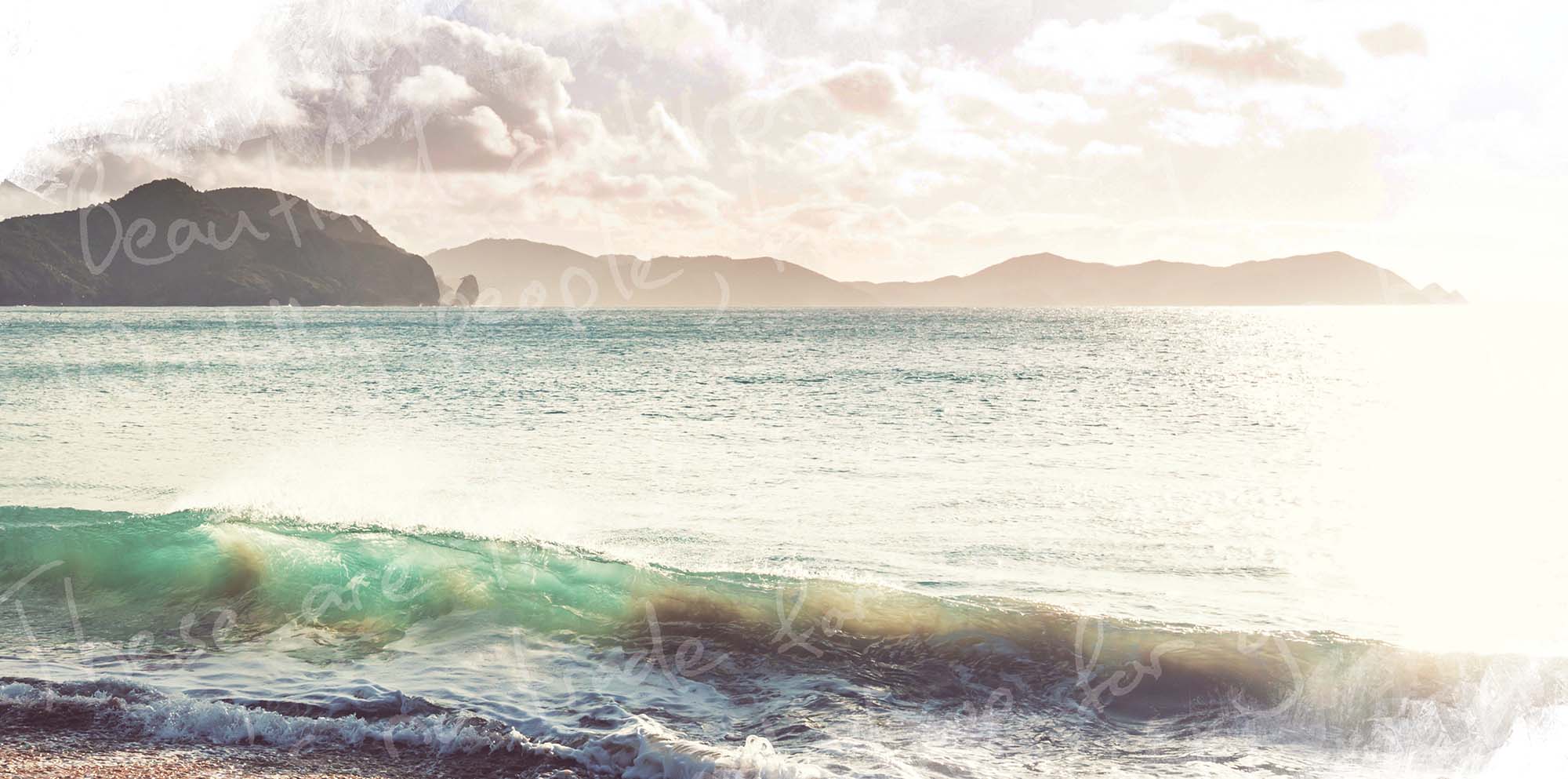2.2 Impact of the abuse Te pānga o te mahi tūkino
2.2.1 Whakatakinga - Introduction
449. Life at Lake Alice was abusive and unsafe. Survivors described being in a constant state of “terror and misery every minute of the day”.[993] In this chapter, we discuss how the abuse and neglect affected survivors, as well as their families and communities. As survivor Alan Hendricks observed, it made no difference “how long you were in Lake Alice or what happened to you when you were in there – just being in that place will cause you harm. And that trauma will stay with you for life”.[994] Marty Brandt was at Lake Alice under three weeks but, as he said, “that was enough time to do a lifetime’s worth of damage”.[995]
450. The trauma affected survivors’ physical, mental, emotional, cultural and spiritual health and wellbeing. It affected educational and employment opportunities, financial security and relationships, whether with intimate partners, whānau, friends or acquaintances. These effects were caused, and made worse, by the failures of institutions such as the Departments of Social Welfare, Health, Education and Justice to keep the children and young people at Lake Alice safe, to ensure they were heard and to support them to heal from the abuse they had experienced.
451. Overall, survivors felt most keenly a sense that they had missed out on opportunities that would never come their way again and that the quality of their lives had been irreparably damaged. Leota Scanlon told us he had “struggled with a lot of challenges” throughout his life, but they had all started on the day he was put in Lake Alice.[996]

